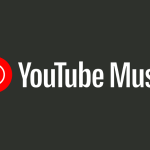A few days ago, SoundCloud was caught in a storm. And the Internet went wild. SoundCloud, the music streaming service, has been accused of playing into the hands of Artificial Intelligence without going through the obligatory checkpoints. SoundCloud’s role in this controversy is crucial, as it is a platform where many independent artists share their music. What happened with SoundCloud and AI? Did SoundCloud use artists’ music for AI without telling them? Did they use artists’ data without their permission?
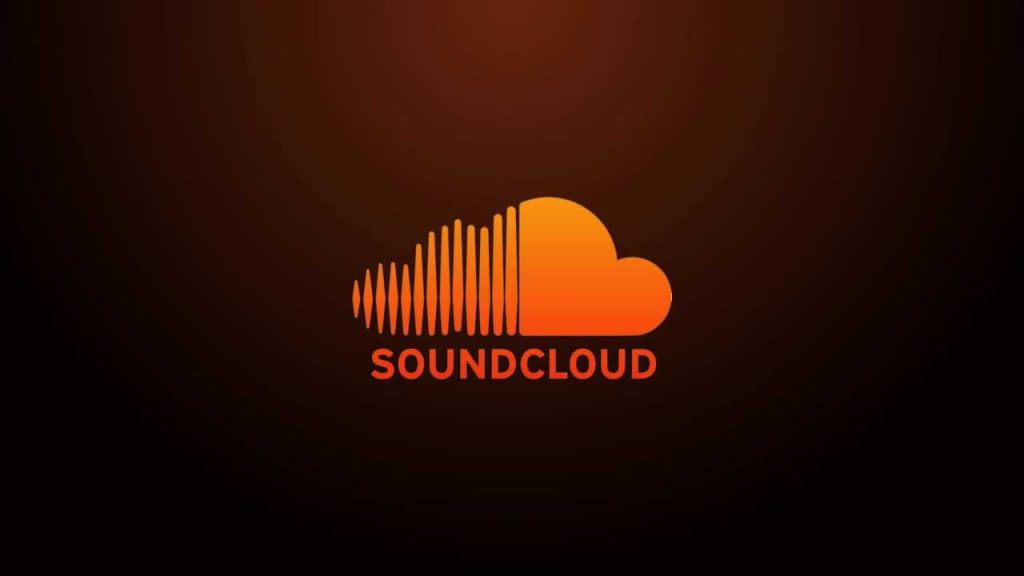
Soundiiz takes a closer look!
Did SoundCloud use artists’ music for AI without telling them? The beginnings
SoundCloud has been around for years. Even if the platform doesn’t have the international reach or the hundreds of millions of users of Apple Music, Spotify, or YouTube Music, it remains an essential part of the music streaming landscape. Popular with independent artists, who see it as an efficient way of distributing their music and exchanging with their community, it has become an almost obligatory step for emerging musicians. In the 2010s, for example, SoundCloud enabled many artists close to the worlds of Rap and RnB to develop their careers so much so that a term was coined to describe this category of artists: SoundCloud rappers.
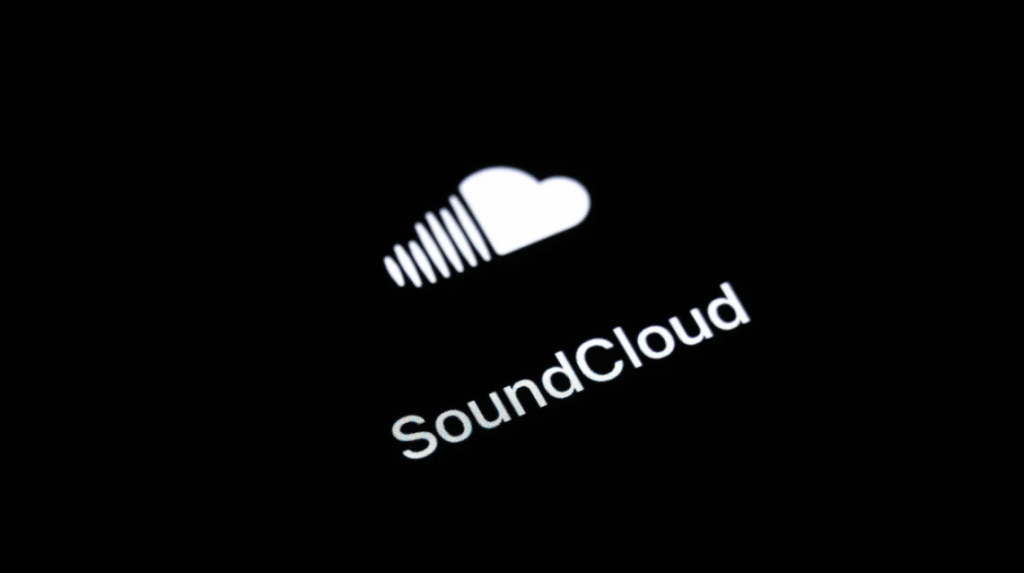
They develop a singular sound, on the bangs of the record industry. Their music is sometimes cryptic, innovative, offbeat, and unlike others. It’s met with incomprehension, but a base of listeners embraces them, promoting this airy, uninhibited kind of music, made with instinct and nothing else.
Many artists publish regularly on SoundCloud. They unveil songs there with impressive productivity, and once they’ve federated a community, they try to export to Spotify, YouTube Music, and elsewhere. SoundCloud acts as a rough draft, where you can test your ideas and create a name for yourself. So, it’s as essential as ever.
The AI “problem”
So when users discover a problem, it’s bound to have far-reaching consequences, especially concerning AI. For years, artists and copyright holders have warned about the rights problems associated with using their artistic creations to train Artificial Intelligence models. This controversy is not just about AI but about the fundamental rights of artists in the music industry. A journalist recently pinned Spotify on a related subject.
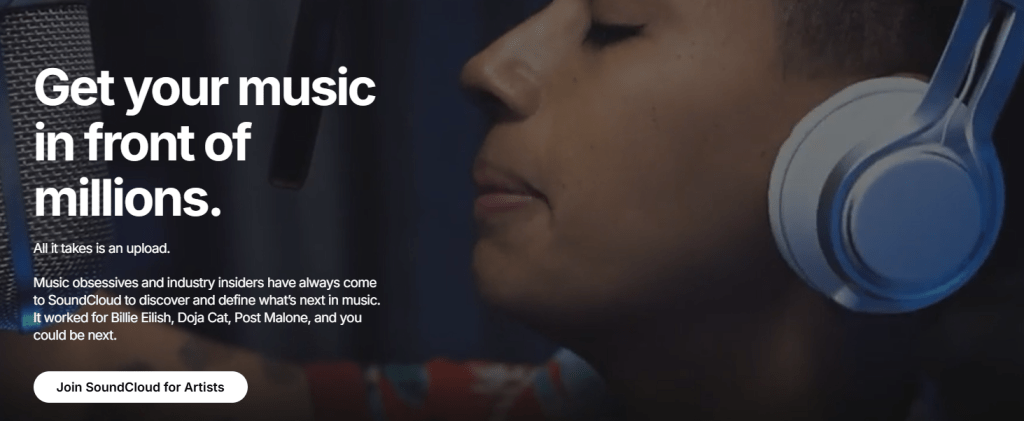
AI is on everyone’s lips. Is it already too late to save artistic creation? Are we condemned to endure a technology already too powerful to control? Will artists, already weakened by their sometimes precarious status, be forced to make way for artificially generated songs, potentially at the cost of unique, human-created music?
These questions are causing an uproar, and the revolution is underway on the artists’ side. However, many users of music streaming platforms are also aware of the danger that lurks. And inevitably, when an affair involving SoundCloud breaks out, the world’s eyes are on the consequences.
Did SoundCloud use artists’ music for AI without telling them? The accusations
On May 9, 2025, Futurism dropped a bombshell: in February 2024, SoundCloud added a clause to the terms and agreements of its user contract. The platform would have added a few lines indicating that by using SoundCloud, artists broadcasting their music on the platform accepted that this music would be used to train their Artificial Intelligence tool.
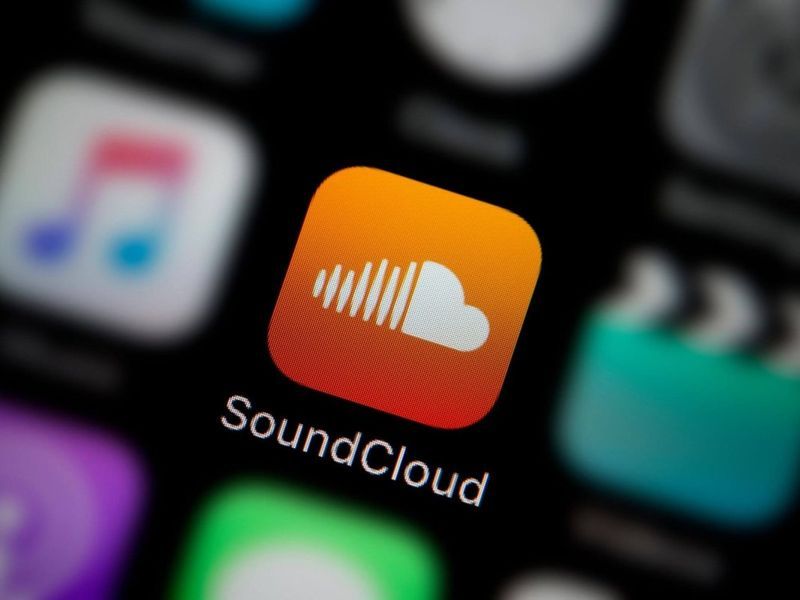
According to Futurism, the text reads as follows:
“[…] explicitly agree that your Content may be used to inform, train, develop or serve as input to artificial intelligence or machine intelligence technologies or services as part of and for providing the services.”
This addition comes when SoundCloud has steadily added Artificial Intelligence models to its services since the beginning of 2024. So far, nothing new. Many other companies around the world have followed this trend. Like many different firms in the music industry, SoundCloud claims that AI will democratize music creation and make it available to everyone. Tools for mixing songs, creating productions, remixing existing tracks, and more: SoundCloud plays on all fronts, while promising they know the issues involved in redistributing artist revenues.
But it seems they’ve gone too far.
Musicians rebel!
Musicians themselves are leading the fight. After reading SoundCloud’s updated Terms and Conditions, they took to X to denounce the practice. As is often the case, the posts had a snowball effect. By copying and pasting the texts in question, they confronted SoundCloud with their actions in black and white.
In the wake of these accusations, many musicians deleted their SoundCloud accounts. They feared that SoundCloud’s AI training model would steal their work without consent.
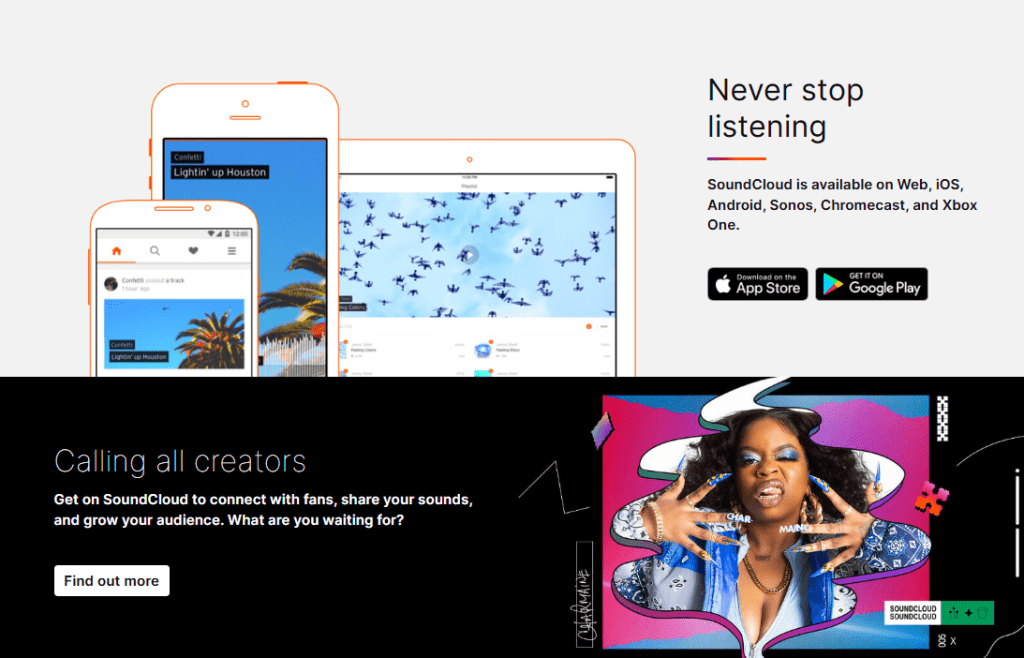
While SoundCloud represents a godsend for artists wishing to distribute their music cheaply and bypass the major labels, the service is playing tricks on them. Has SoundCloud turned against them? What do these terms & conditions mean, and what consequences might they have?
SoundCloud defends itself
Faced with the controversy, SoundCloud had to react. In a press release sent to several influential media outlets, including Futurism, The Verge, and Pitchfork, they provide clarification and defend themselves against any use of artistic content. According to SoundCloud, this addition to the contract terms is there to alert users that AI might be used as part of SoundCloud’s operation. For example, to combat fraud, improve the algorithm and recommendation system, or enhance the detection of content present on SoundCloud.
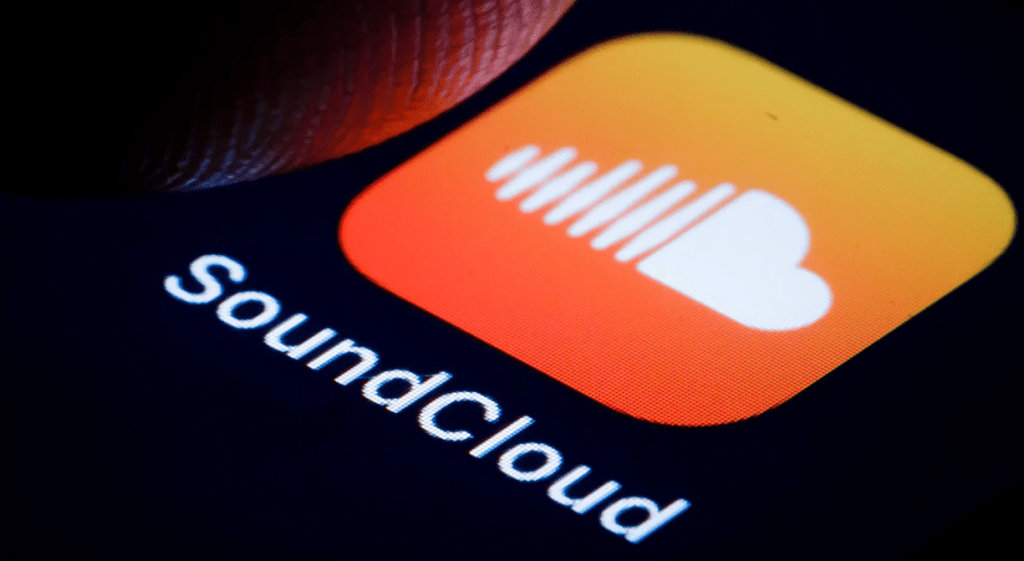
We’ve decided to paste the statement below to grasp SoundCloud’s line of defense fully.
The statement
“SoundCloud has always been and will remain artist-first. Our focus is on empowering artists with control, clarity, and meaningful opportunities to grow. We believe AI, when developed responsibly, can expand creative potential—especially when guided by principles of consent, attribution, and fair compensation.
SoundCloud has never used artist content to train AI models, nor do we develop AI tools or allow third parties to scrape or use SoundCloud content from our platform for AI training purposes. In fact, we implemented technical safeguards, including a “no AI” tag on our site to explicitly prohibit unauthorized use.
The February 2024 update to our Terms of Service was intended to clarify how content may interact with AI technologies within SoundCloud’s own platform. Use cases include personalized recommendations, content organization, fraud detection, and improvements to content identification with the help of AI Technologies.
Any future application of AI at SoundCloud will be designed to support human artists, enhancing the tools, capabilities, reach and opportunities available to them on our platform. Examples include improving music recommendations, generating playlists, organizing content, and detecting fraudulent activity. These efforts are aligned with existing licensing agreements and ethical standards. Tools like Musiio are strictly used to power artist discovery and content organization, not to train generative AI models.
We understand the concerns raised and remain committed to open dialogue. Artists will continue to have control over their work, and we’ll keep our community informed every step of the way as we explore innovation and apply AI technologies responsibly, especially as legal and commercial frameworks continue to evolve.”
Did SoundCloud use artists’ music for AI without telling them? The consequences
It’s still too early to say whether SoundCloud’s statement was made in good faith. But this case crystallizes all the tensions surrounding Artificial Intelligence and the issues it raises. More and more voices are being raised to denounce the use of AI. In the case of SoundCloud, the artists took the blow and forced the platform to issue a statement.
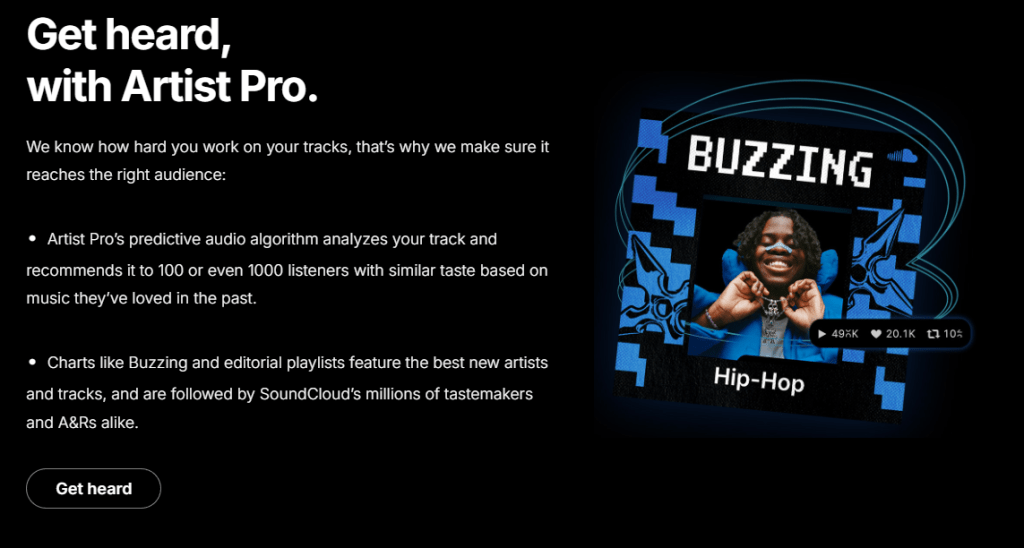
This illustrates the power of artists and their clout. If they massively withdraw their music from the platforms, what will happen? Not much. The advent of music streaming as the primary source of musical consumption and creation gives the impression that power is in the hands of the platforms. They are too powerful, too massive. But the SoundCloud affair reminds us that all this wealth emanates from the artists themselves. Without them, there’s nothing. Spotify, Apple Music, Amazon Music, TIDAL, or Deezer wouldn’t exist without them.
Let’s not be naive: unfortunately, artists alone won’t have the power to protect artistic creation. Unless Taylor Swift, Drake, and other massive stars also withdraw their music from platforms, that isn’t likely to happen soon. Without legal and political decisions, AI could well gain ground. That’s not a problem. As long as it’s supervised. AI is an infinite treasure trove that could benefit everyone properly used.
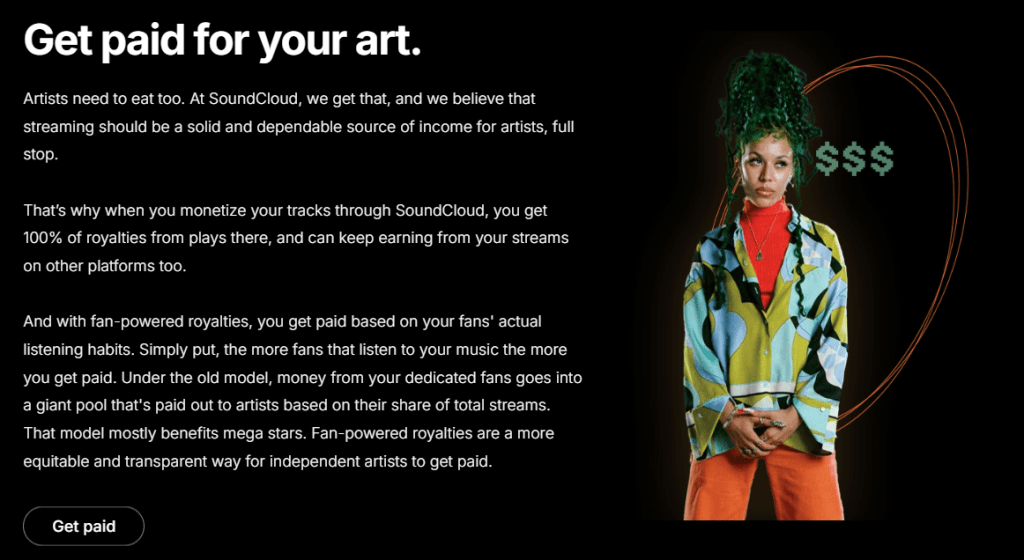
Could the SoundCloud affair set a precedent? What’s certain is that artists aren’t ready to give up without a fight! However, it could also push many companies to be more transparent about using AI data.
And that’s a step in the right direction!


